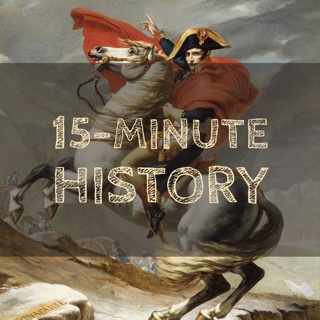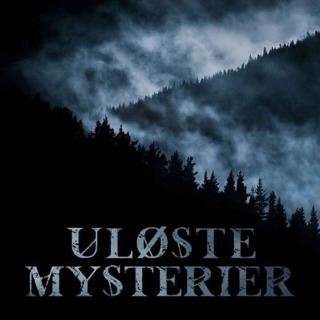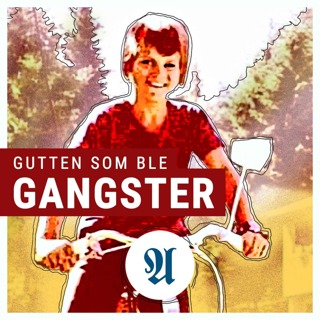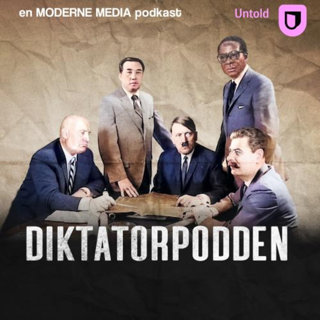
The History of Social Media | REDUX
In this REDUX episode from our first season, we show you the history of social media from its inception to today, the reason for its popularity, and its possible impact on our society today. The first attempt at what would later be defined as “social media” took place in the fall of 1969. The United States military was conducting tests using the first proto-internet, called ARPANET, which was used to create connections between computer stations. This pre-internet attempt spawned the famous communication – or lack of communication – which occurred in October of 1969 from the campus of UCLA. An attempt was made to send the word Login between two computers on campus, but a computer crash resulted in the letters LO being received. This first miscommunication did not stop the developers from continuing their work and successfully sending the message a month later. This achievement, both the failed communication and the successful one, would have a lasting effect on social media, whether those developers intended it or not.
5 Des 202218min

Fredrick Douglas | A Discussion
Join us as we discuss Fredrick Douglas, his early life, his escape to freedom, and his profound effect on ending slavery in the United States.
21 Nov 202241min

Fredrick Douglas | Pinnacle of Freedom
"I once knew a little boy whose mother and father died when he was six years old. He was a slave and had no one to care for him. He slept on a dirt floor in a hovel, and in cold weather would crawl into a meal bag head foremost and leave his feet in the ashes to keep them warm. Often he would roast an ear of corn and eat it to satisfy his hunger, and many times has he crawled under the barn or stable and secured eggs, which he would roast in the fire and eat. That boy did not wear pants like you do, but a tow linen shirt. Schools were unknown to him, and he learned to spell from an old Webster's spelling-book and to read and write from posters on cellar and barn doors, while boys and men would help him. He would then preach and speak, and soon became well known. He became Presidential Elector, United States Marshal, United States Recorder, United States diplomat, and accumulated some wealth. He wore broadcloth and didn't have to divide crumbs with the dogs under the table. That boy was Frederick Douglas." Join us as we teach you about Fredrick Douglas, his early life, his escape to freedom, and his profound effect on ending slavery in the United States.
14 Nov 202215min

Civil Rights & the Supreme Court | A Discussion
Join us as we discuss the history of civil rights in America through the bench of the Supreme Court, the lasting effect of Brown vs. Board of Education, and how such rulings have shaped our society today.
7 Nov 202226min

Civil Rights & the Supreme Court | Redux
In early 1865, the Union and Confederate armies were locked in mortal combat around the city of Petersburg, VA, and in the humid forests of Georgia. The American Civil War's end was near, and the Lincoln Administration now faced the question of how to restore the Union and end slavery once and for all. The legal framework for equality between the races came with the passage of the three anti-slavery amendments to the U.S. Constitution, and each Confederate state would have to ratify them before they could rejoin the Union. Abraham Lincoln's message to the American people in his second inaugural address was clear: "With malice toward none, with charity toward all, with firmness in the right as God gives us to see the right, let us strive on to finish the work we are in, to bind up the nation's wounds, to care for him who shall have borne the battle and for his widow and orphan, to do all which may achieve and cherish a just and lasting peace among ourselves and with all nations." Join us in this redux episode as we share the history of civil rights in America through the bench of the Supreme Court, the lasting effect of Brown vs. Board of Education, and how such rulings have shaped our society today.
31 Okt 202213min

The Abolitionist's Journal | An Interview with James D. Richardson
Join us as we speak with James D. Richardson about his new book, "The Abolisitionist's Journal: Memories of an American Antislavery Family". In the book, Mr. Richardson details the findings from the journal of his ancestor, George Richardson, an abolitionist, before and after the fall of slavery in America. From this primary historical source, James Richardson is able to construct a picture of the man who fought his entire life for the freedom and equality of African Americans. "The Abolitionist's Journal: Memories of an American Antislavery Family", is available on Amazon or wherever books are sold. James D. Richardson is a former senior writer with The Sacramento Bee and a retired Episcopal priest. He is the author of Willie Brown: A Biography. His articles on state politics have appeared in numerous publications including The Washington Post, The Los Angeles Times, and The San Fransico Chronicle. He lives in Sacramento, California, with his wife, Lori.
24 Okt 202243min

J.R.R. Tolkien | A Discussion about Optimism
Join us as we discuss heroism through the eyes of J.R.R. Tolkien, how he incorporated heroism into stories, and how history influenced his view of heroes in fiction and real life. Listen also as we answer your questions about Tolkien, his writing, his influences, and the Rings of Power.
17 Okt 202245min

J.R.R. Tolkien | Optimism
Familiar to millions as the author of The Hobbit and The Lord of the Rings, John Ronald Reuel Tolkien believed that myths used stories of heroes to inspire generations of readers. He began his writing career with a children’s book, and when his publisher asked for a sequel, Tolkien had to give it some thought. For much of his life, he had lamented the fact that much of English mythology had been destroyed by invading armies or imported from abroad. (For example, the most famous English myth, that of King Arthur, was a blend of Scottish and French stories.) On putting pen to paper for the first time on his magnum opus, The Lord of the Rings, Tolkien began to craft an alternate mythology for his homeland that would tell heroic tales that, he believed, were lacking in modern Britain. Join us as we teach you about heroism through the eyes of J.R.R. Tolkien, how he incorporated heroism into stories, and how history influenced his view of heroes in fiction and real life.
10 Okt 202212min




















